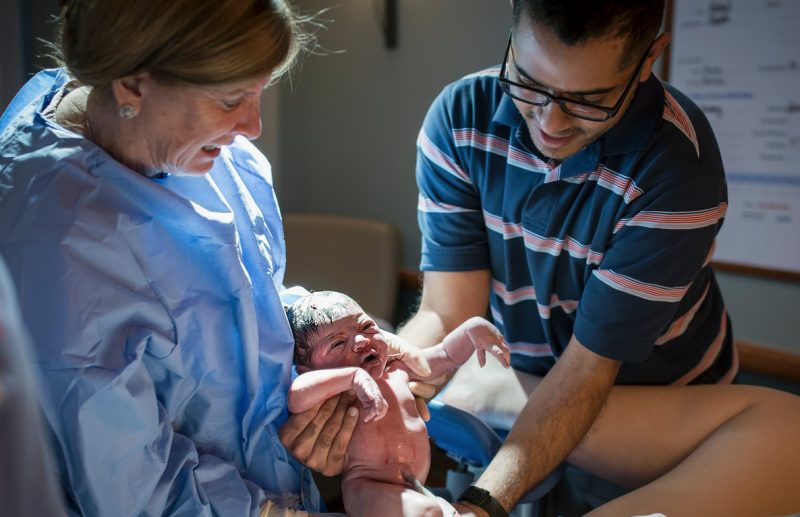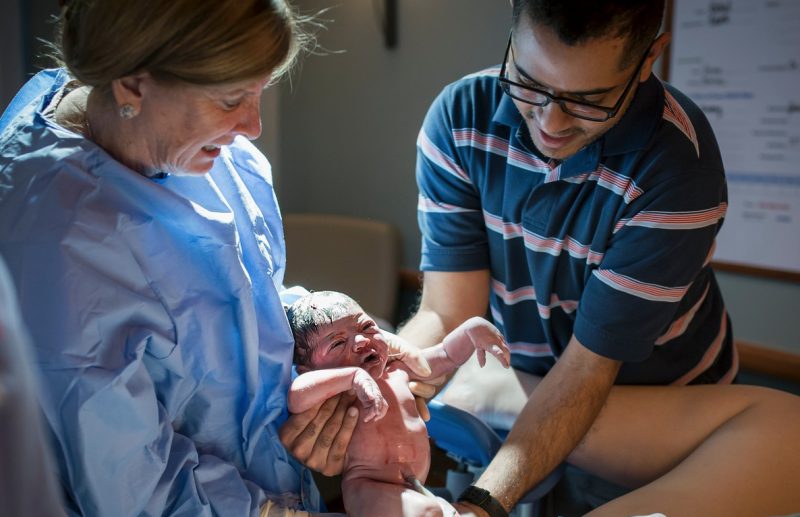
Paisley, of South Dakota, was born with an adult-sized tongue that put her at risk of choking to death.Caters News Agency

Paisley, whose condition is known as Beckwith Wiedemann Syndrome, with her mom, Madison, and dad.Caters News AgencyAdvertisement

Caters News Agency

Caters News Agency

Paisley after her second tongue surgery.Caters News AgencyAdvertisement

After two surgeries, 16-month-old Paisley is now all smiles.Caters News Agency

Caters News Agency

Caters News AgencyAdvertisement

Caters News Agency

Caters News AgencyAdvertisement
This baby has a big reason to smile!
A South Dakota infant born with an adult-sized tongue can finally breathe — and smile — on her own.
Sixteen-month-old Paisley was born with Beckwith-Wiedemann syndrome, which causes overgrown organs or body parts and affects about 300 American newborns a year.
In her case, the condition made her tongue twice the size of her little mouth.
“Her tongue was constantly sticking out, she was always chewing on her tongue because it took up so much room in her mouth,” her 21-year-old mother, Madison, told Caters News Agency. “It always looked like she was making silly faces.
Doctors were worried her tongue was so large, it would suffocate her when she was born — forcing them to hook her up to a ventilator to ensure she was breathing properly.
At 6 months old, she had two inches clipped off her tongue, but it didn’t seem to make things much better.
It was her second life-saving surgery, which removed a significant portion of her tongue, that enabled her to fully close her mouth.
“Since recovering, she smiled for the very first time,” Madison said. “I couldn’t believe it and was shocked by how beautiful my little girl looked.”
And Paisley’s well on her way to saying her first words.
“She couldn’t even make the sounds to say words like ‘mama’ and ‘dada’ before because of the size of her tongue, so this feels like a massive achievement,” she said.
The tot will be monitored every three months, until she turns eight — when the chances of her developing any cancerous tumors triggered by the syndrome drop dramatically, doctors said.
Soυrce: nypost








